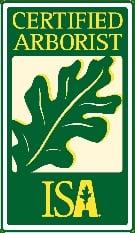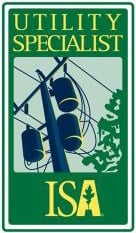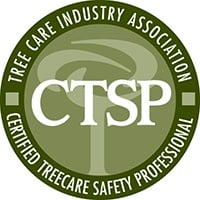Updated on July 7, 2021
Have you recently noticed small, fluffy white pests flying in the air or on trees in your yard? Is there a sticky substance all over your trees?
If you live in Charlotte, NC or the surrounding areas, the answer is more than likely yes!
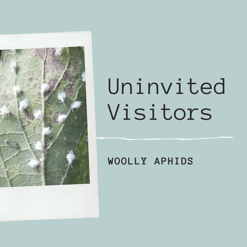
A sticky situation
The greater Charlotte area is experiencing large quantities of small, flying white pests, otherwise known as woolly aphids. These tiny critters aren’t actually covered in white fluff. The strands of wax they're wrapped in just looks like fluffy wool.
Although woolly aphids aren't dangerous or poisonous to humans, they’re considered a notable nuisance; the irritant itself comes from what woolly aphids produce - honeydew.
Woolly aphids feed on plant juices using mouth parts called stylets. They then create a sticky by-product that's left behind on trees, shrubs, and grass and can quickly become an annoyance, especially for homeowners who have trees close to walkways or foot trafficked areas.
You'll also see more ants and flies than usual when woolly aphids are on the scene. Insects like ants and flies love honeydew - so much so that they'll protect aphids from predators to make sure nothing messes with their supply!
Honeydew eventually evolves into sooty mold, which is a black, dry coating that sticks to plant leaves. Sooty mold won't hurt your tree, but it makes the leaves look diseased and it's not pretty to look at. The spread of sooty mold to other plants is rapid, taking hold in just a matter of days.
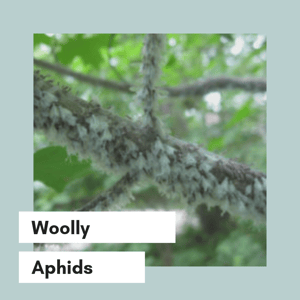
Consider your woolly aphid problem handled
Since woolly aphids are depriving trees of their much-needed nutrients, they can possibly harm your tree by stunting their growth. But you don't have to wait for evidence of that to hire a tree company to perform plant health care treatments - the sticky mess on and under your trees is reason enough!
Are woolly aphids considered uninvited guests on your property? Choose the Right Tree Service Company, and you'll soon be saying so long to woolly aphids! Woolly aphids are typically controlled with a mild insecticide and treatment. Get this treatment done every year for optimal results.
Would you like to read more? Head over to the North Carolina Cooperative Extension website for an article on these white, fuzzy critters.
Check out our Tree Bugs page for more information on woolly aphids. If you have any more questions, speak with one of our certified arborists today!



